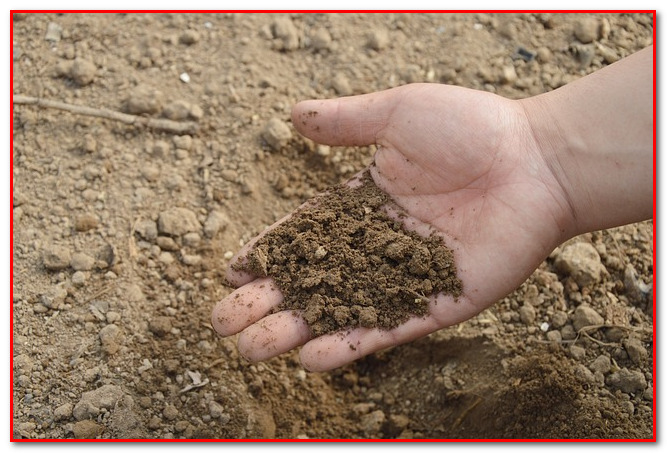Looking for fertilizer benefits and drawbacks?
We have gathered some convincing arguments that will enable you to fully comprehend the benefits and drawbacks of fertilizers.
But first, let’s clarify the subject:

What are Fertilizers?
Fertilizers are materials that are incorporated into the soil to enhance plant growth and productivity. The plants receive critical nutrients from them, such as potassium, phosphorus, and nitrogen.
What are the advantages and disadvantages of fertilizer?
The following are fertilizers’ benefits and drawbacks:
| Advantages | Disadvantages |
|---|---|
| Increased Yield | Environmental Impact |
| Improved Soil Quality | Soil Degradation |
| Efficient Nutrient Delivery | Overuse of Resources |
| Customizable Formulations | Negative Impact on Biodiversity |
| Cost-Effective | Health Risks |
Advantages of Fertilizers
- Increased Yield: One of the biggest advantages of using fertilizers is that they can increase crop yield. Plants receive the vital nutrients they require from fertilizers to grow and thrive. Larger, healthier plants and a bigger harvest may result from this.
- Improved Soil Quality: Fertilizers can also improve soil quality by providing nutrients that may be lacking in the soil. This can enhance the structure and fertility of the soil, which can promote healthier and more vigorous plant growth.
- Efficient Nutrient Delivery: Fertilizers are designed to deliver nutrients to plants in a highly efficient manner. As a result, plants can grow more quickly and produce higher yields because they can quickly absorb the nutrients they need to grow.
- Customizable Formulations: Fertilizers come in a wide variety of formulations that can be customized to meet the specific needs of different plants and crops. As a result, growers and gardeners can select the ideal fertilizer for their specific soil and growing environment.
- Cost-Effective: Using fertilizers can be a cost-effective way to improve crop yield and plant health. In the long run, fertilizers can help save money by lowering the time and resources required to grow healthy plants.
Disadvantages of Fertilizers
- Environmental Impact: Fertilizers can have a negative impact on the environment. Runoff from fertilizers can cause algae blooms in nearby bodies of water, which can be harmful to aquatic life and water quality.
- Soil Degradation: Using fertilizers over long periods of time can degrade the quality of the soil. This is due to the fact that fertilizers may change the pH of the soil, making some plants and microorganisms less tolerant of them.
- Overuse of Resources: The use of fertilizers can sometimes result in overuse of resources, such as water and energy. This is so because plants may grow larger and more quickly as a result of fertilizers, which may result in a greater demand for resources.
- Negative Impact on Biodiversity: Fertilizers can have a negative impact on biodiversity by promoting the growth of certain plant species over others. This might result in some animals losing their habitats and less biodiversity overall.
- Health Risks: The use of fertilizers can pose health risks to people and animals. For instance, exposure to fertilizer dust can result in respiratory issues, and fertilizers that contain heavy metals can be toxic if consumed.
That’s it.
Also see: Advantages and Disadvantages of Microorganisms
Click here to view more “benefits and drawbacks of…” articles.
Please feel free to ask a related question in the comments section below.
Additionally, kindly forward this information to any friends you believe might find it interesting.